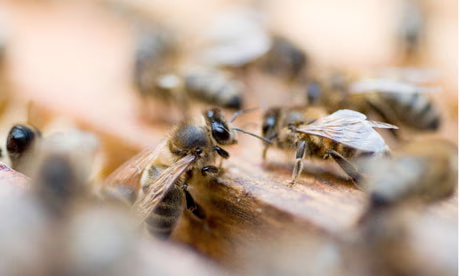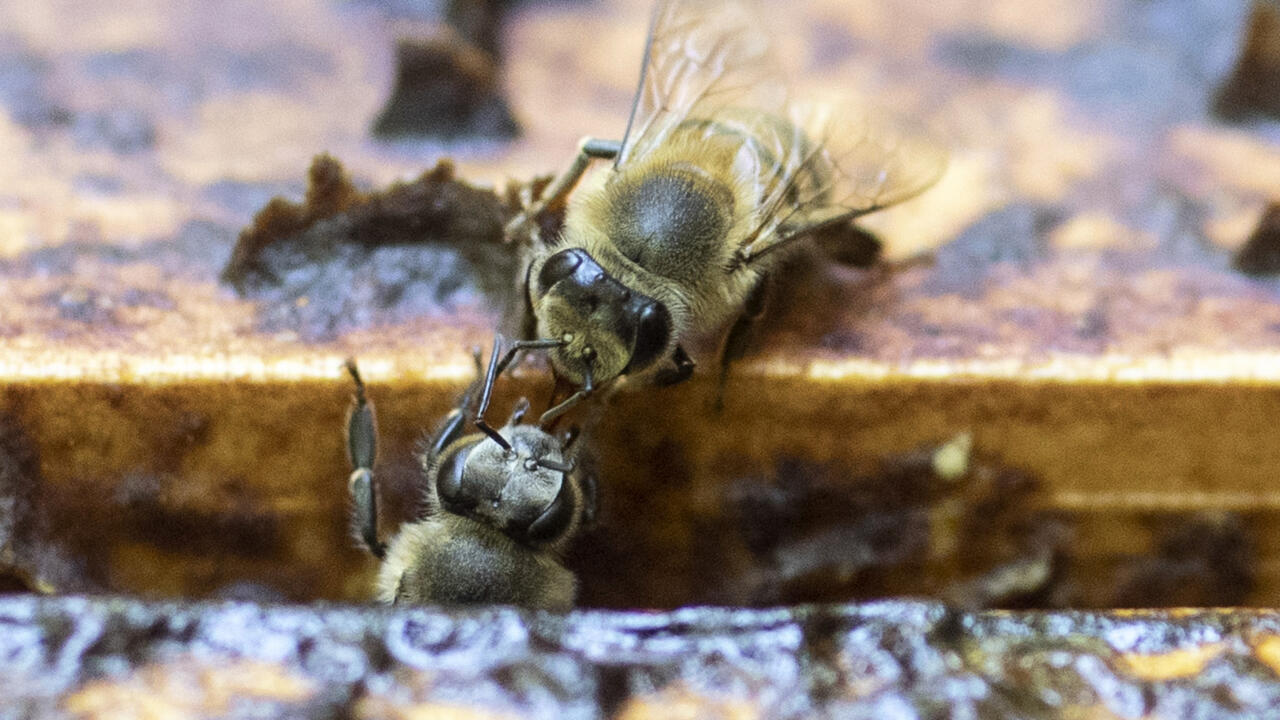Scientists and local beekeepers in East Africa report that certain pesticides, many of which are sold by European companies despite being banned in the EU, are killing bees in large numbers and threatening entire ecosystems.
In Rwanda, beekeeper Joseph Ruzigana shared that he lost all the bees in his 20 beehives, and other beekeepers have reported similar losses.
This bee die-off is not only harming their livelihoods but also threatening Rwanda’s agricultural sector, which relies on bees to pollinate crops like coffee and tea.
This issue extends beyond Rwanda, with Uganda, Ethiopia, Tanzania, and Kenya also reporting rising bee deaths from pesticides.

While a changing climate is a factor, experts and beekeepers say the main problem is the widespread use of imported synthetic pesticides. One such pesticide, Rocket, which contains profenofos, is highly toxic to bees.
Another, malathion, is still exported by EU countries like Denmark, France, and Germany, even though it’s banned for use within the EU.
A recent study by the advocacy group Foodwatch found that more than half of the food imported into the EU from Rwanda contained traces of these “highly hazardous” pesticides.
A Rwandan official from the Agricultural Board, Jean Claude Izamuhaye, acknowledged the problem, stating that bees are “of critical importance” and that the board is looking into using less harmful bio-pesticides.
However, the continued sale of these chemicals from EU nations to other countries remains a significant part of the problem.


 Trending
Trending 